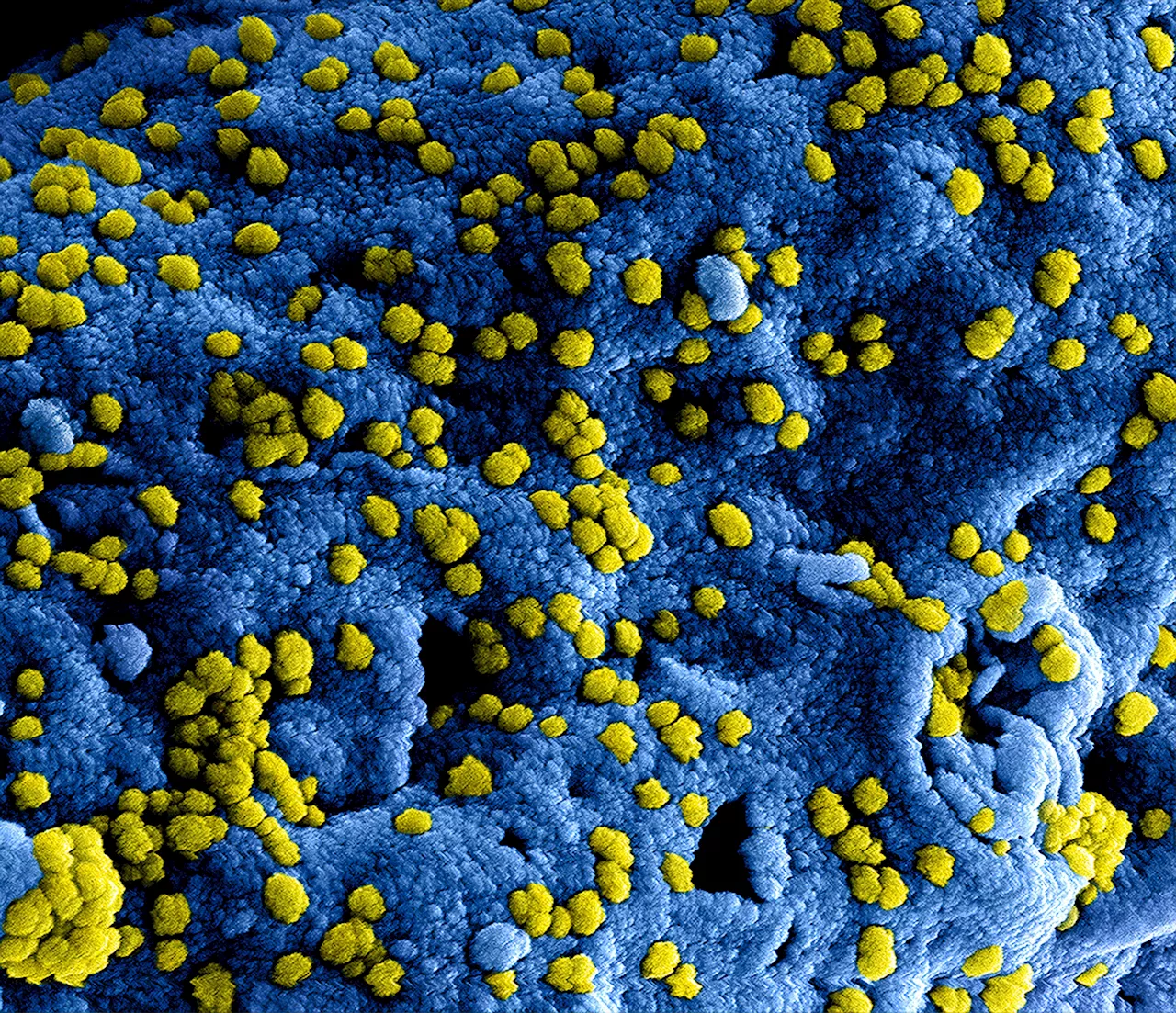Researchers have used artificial intelligence techniques to massively accelerate the search for Parkinson's disease treatments.
Apr 17 2024University of Cambridge Research ers have used artificial intelligence techniques to massively accelerate the search for Parkinson's disease treatments.
Parkinson's affects more than six million people worldwide, with that number projected to triple by 2040. No disease-modifying treatments for the condition are currently available. The process of screening large chemical libraries for drug candidates – which needs to happen well before potential treatments can be tested on patients – is enormously time-consuming and expensive, and often unsuccessful.
Proteins are responsible for important cell processes, but when people have Parkinson's, these proteins go rogue and cause the death of nerve cells. When proteins misfold, they can form abnormal clusters called Lewy bodies, which build up within brain cells stopping them from functioning properly. This has been a major obstacle in Parkinson's research, because of the lack of methods to identify the correct molecular targets and engage with them. This technological gap has severely hampered the development of effective treatments.
Drug Discovery Machine Learning Parkinson's Disease Proliferation Protein Research Small Molecules
Philippines Latest News, Philippines Headlines
Similar News:You can also read news stories similar to this one that we have collected from other news sources.
 Researchers report on the effectiveness of skin biopsy to detect Parkinson's and related neurodegenerative diseasesIn a paper published in the Journal of the American Medical Association (JAMA), neurologists at Beth Israel Deaconess Medical Center (BIDMC) showed that a simple skin biopsy test detects an abnormal form of alpha-synuclein, the pathological hallmark of Parkinson's disease and the subgroup of neurodegenerative disorders known as synucleinopathies,...
Researchers report on the effectiveness of skin biopsy to detect Parkinson's and related neurodegenerative diseasesIn a paper published in the Journal of the American Medical Association (JAMA), neurologists at Beth Israel Deaconess Medical Center (BIDMC) showed that a simple skin biopsy test detects an abnormal form of alpha-synuclein, the pathological hallmark of Parkinson's disease and the subgroup of neurodegenerative disorders known as synucleinopathies,...
Read more »
 Researchers advance understanding of Parkinson's diseaseResearchers have for the first time identified critical targets in the molecular signature of Parkinson's disease across different stages of the disease's progression.
Researchers advance understanding of Parkinson's diseaseResearchers have for the first time identified critical targets in the molecular signature of Parkinson's disease across different stages of the disease's progression.
Read more »
 AI speeds up drug design for Parkinson's by ten-foldResearchers have used artificial intelligence techniques to massively accelerate the search for Parkinson's disease treatments.
AI speeds up drug design for Parkinson's by ten-foldResearchers have used artificial intelligence techniques to massively accelerate the search for Parkinson's disease treatments.
Read more »
 Lancashire man appears in new charity film capturing the reality of living with Parkinson’sA Lancashire man, who is living with Parkinson’s, is fronting a new charity film set to take over Piccadilly Lights, to mark World Parkinson’s Day. The film, created by Parkinson’s UK, challenges assumptions about the condition and shows how unpredictable and variable Parkinson’s is.
Lancashire man appears in new charity film capturing the reality of living with Parkinson’sA Lancashire man, who is living with Parkinson’s, is fronting a new charity film set to take over Piccadilly Lights, to mark World Parkinson’s Day. The film, created by Parkinson’s UK, challenges assumptions about the condition and shows how unpredictable and variable Parkinson’s is.
Read more »
 New Links Found Between Cellular-Waste Removal and Parkinson's DevelopmentResearchers have discovered new links between cellular-waste removal and the development of Parkinson's disease. The study suggests that impaired waste removal in brain cells may contribute to the accumulation of toxic proteins associated with Parkinson's. These findings could lead to new therapeutic approaches for the treatment of Parkinson's disease.
New Links Found Between Cellular-Waste Removal and Parkinson's DevelopmentResearchers have discovered new links between cellular-waste removal and the development of Parkinson's disease. The study suggests that impaired waste removal in brain cells may contribute to the accumulation of toxic proteins associated with Parkinson's. These findings could lead to new therapeutic approaches for the treatment of Parkinson's disease.
Read more »
 Simulations reveal mechanism behind protein buildup in Parkinson's diseaseScientists have used computer simulations to uncover the mechanism behind the buildup of proteins in Parkinson's disease. The study found that a protein called alpha-synuclein, which is known to accumulate in the brains of Parkinson's patients, can form clusters and spread throughout the brain. The researchers also identified a specific region of the protein that is responsible for its aggregation. These findings could help in the development of new treatments for Parkinson's disease.
Simulations reveal mechanism behind protein buildup in Parkinson's diseaseScientists have used computer simulations to uncover the mechanism behind the buildup of proteins in Parkinson's disease. The study found that a protein called alpha-synuclein, which is known to accumulate in the brains of Parkinson's patients, can form clusters and spread throughout the brain. The researchers also identified a specific region of the protein that is responsible for its aggregation. These findings could help in the development of new treatments for Parkinson's disease.
Read more »
